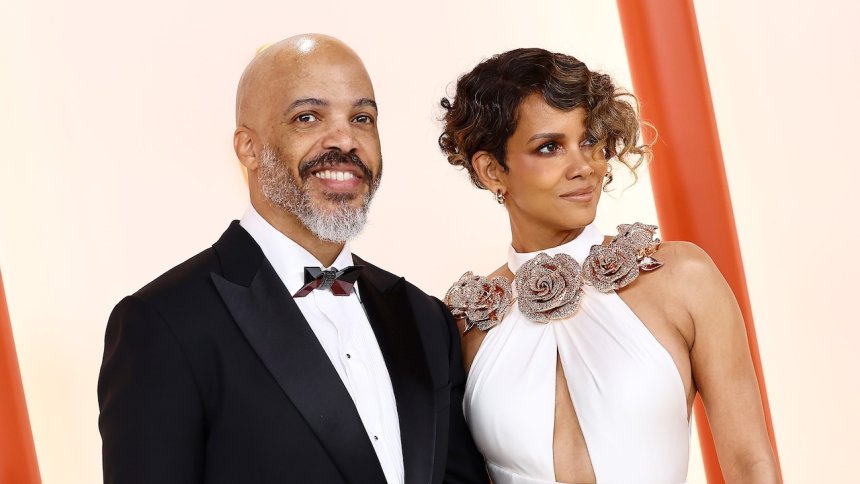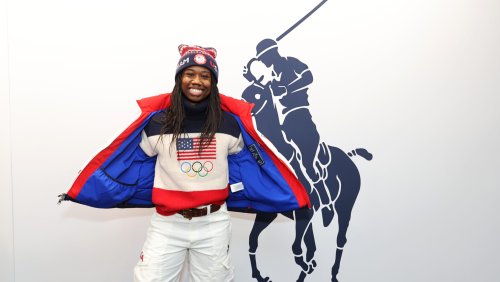Jameela Jamil defends Serena Williams’ right to choose—but cautions the risk of weight loss drugs
“Celebrities have access to doctors that most others don’t,” says Jameela Jamil, who flagged the risks of GLP-1s like those

“Celebrities have access to doctors that most others don’t,” says Jameela Jamil, who flagged the risks of GLP-1s like those Serena Williams endorsed.
Jameela Jamil is the latest celebrity to weigh in on Serena Williams’ personal health choices, though she insists her concern isn’t about Serena’s body, but about what happens when high-profile figures endorse weight-loss drugs.
Last week, Williams revealed that she has been taking the GLP-1 drug, Zepbound through Ro, a telehealth platform, which has helped her lose 31 pounds. In her announcement, the tennis star shut down the stigma around GLP-1s being a shortcut and revealed how the decision came after a difficult postpartum journey.
“This all started after I had my (first) kid,” Williams told NBC’s TODAY.com. “No matter what I did—running, walking, I would walk for hours because they say that’s good, I literally was playing a professional sport—and I could never go back to where I needed to be for my health. Then, after my second kid, it just even got harder. So then I was like, OK, I have to try something different.”
“I actually think it’s a problem a lot of other women can relate to, that you are in the gym and eating healthy, but just can’t get to the level you want or need to. I feel lighter mentally, I feel sexier, I feel more confident,” she explained, as previously reported by theGrio.
But Jamil, known for her outspoken critiques of diet culture and Hollywood’s obsession with body image, said she felt uneasy about Williams’ new endorsement.
“The thing I feel most uncomfortable about here is that celebrities have access to doctors most others don’t have access to. These ‘miracle’ weight loss drugs come at a price,” Jamil posted on Instagram Sunday. “If things go wrong, you don’t have a billion dollars to fix it, that’s why I don’t like celebrities pushing drugs with such drastic documented side effects.”
Her post also included a list of possible side effects ranging from “paralysis of the gastric system” and pancreatitis to hair loss, osteoporosis, muscle mass loss, thyroid issues, reportedly pulled directly from the drug manufacturers’ websites.
After her comments gained traction, Jamil clarified her stance, writing: “Another reason we should take every celebrity endorsement with a pinch of salt.” She emphasized, “It’s about transparency, not judging Serena’s body. Nor is it judging you or your decision to take a GLP-1.”
In a follow-up post, she doubled down: “I also wrote a lengthy Substack defending Serena’s right to do WHATEVER she wants with her body. Her body has been policed enough over the decades. It’s not about her or her choice. It’s about how celebrities promote drugs and diet products. All gloss, none of the inconvenient truths.”
The truth is, there is a history of people who have taken GLP-1s and have reportedly experienced significant side effects, including gastrointestinal issues, kidney problems, gallbladder inflammation, and, in some extreme cases, vision loss. So much so that many of the companies behind these diabetes and weight loss medications have faced lawsuits through the years, with some currently facing multidistrict litigation.
For Serena, the conversation remains centered on her health, her journey as a mother, and her autonomy. But as Jamil’s posts suggest, the broader cultural conversation around celebrity influence, weight-loss drugs, and how women’s bodies, especially Black women’s bodies, are discussed in public is far from settled.
Share
What's Your Reaction?
 Like
0
Like
0
 Dislike
0
Dislike
0
 Love
0
Love
0
 Funny
0
Funny
0
 Angry
0
Angry
0
 Sad
0
Sad
0
 Wow
0
Wow
0
















